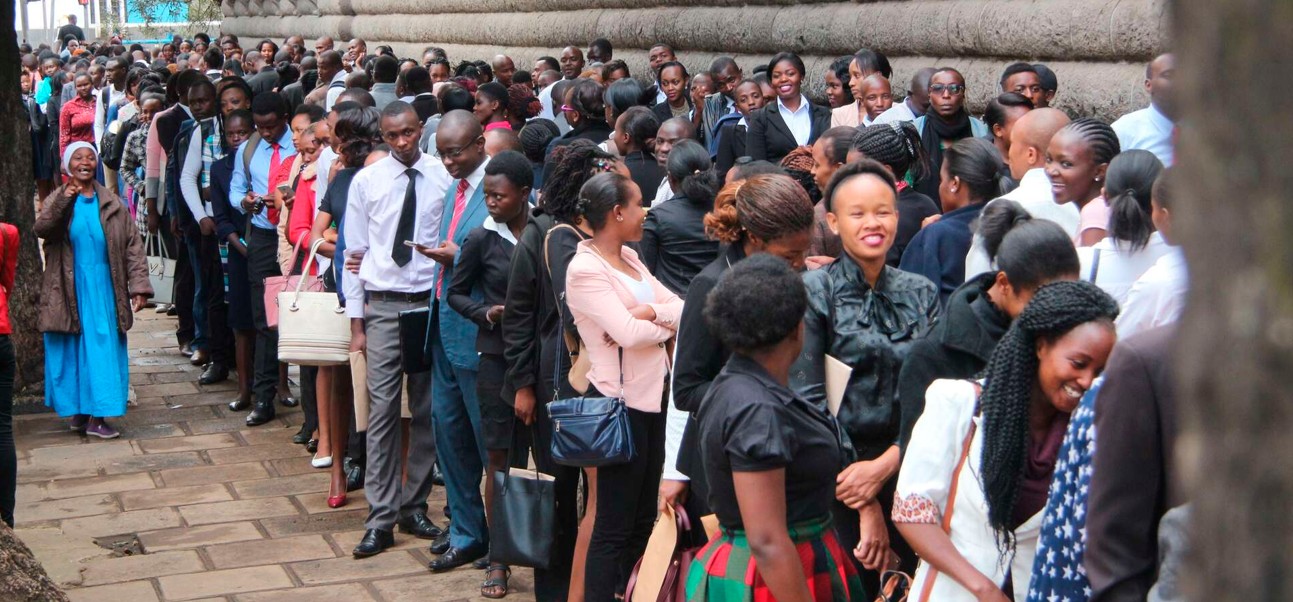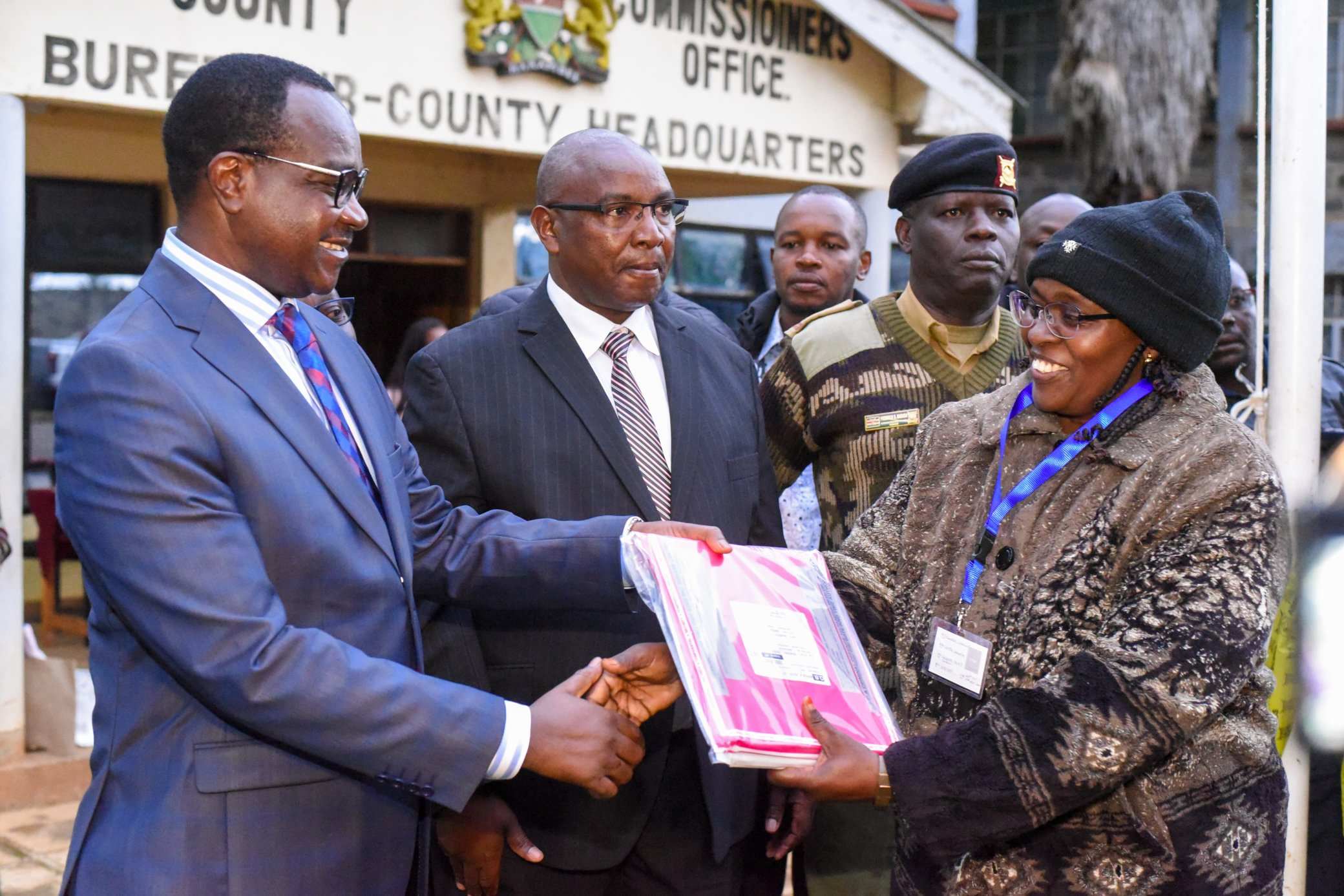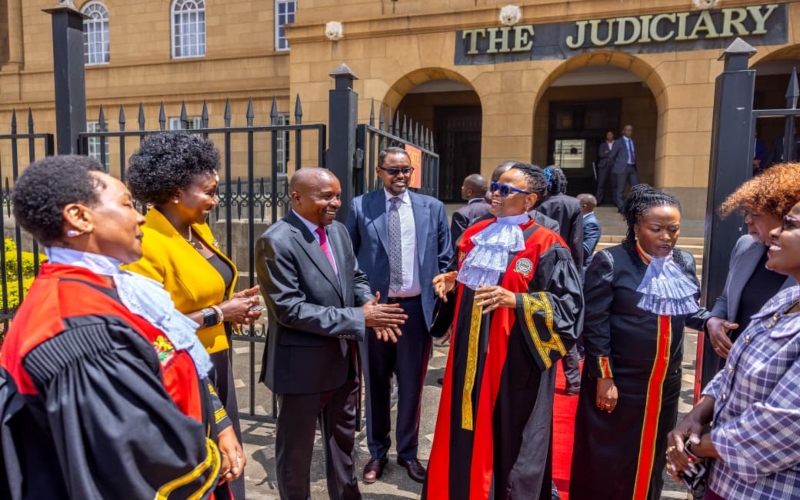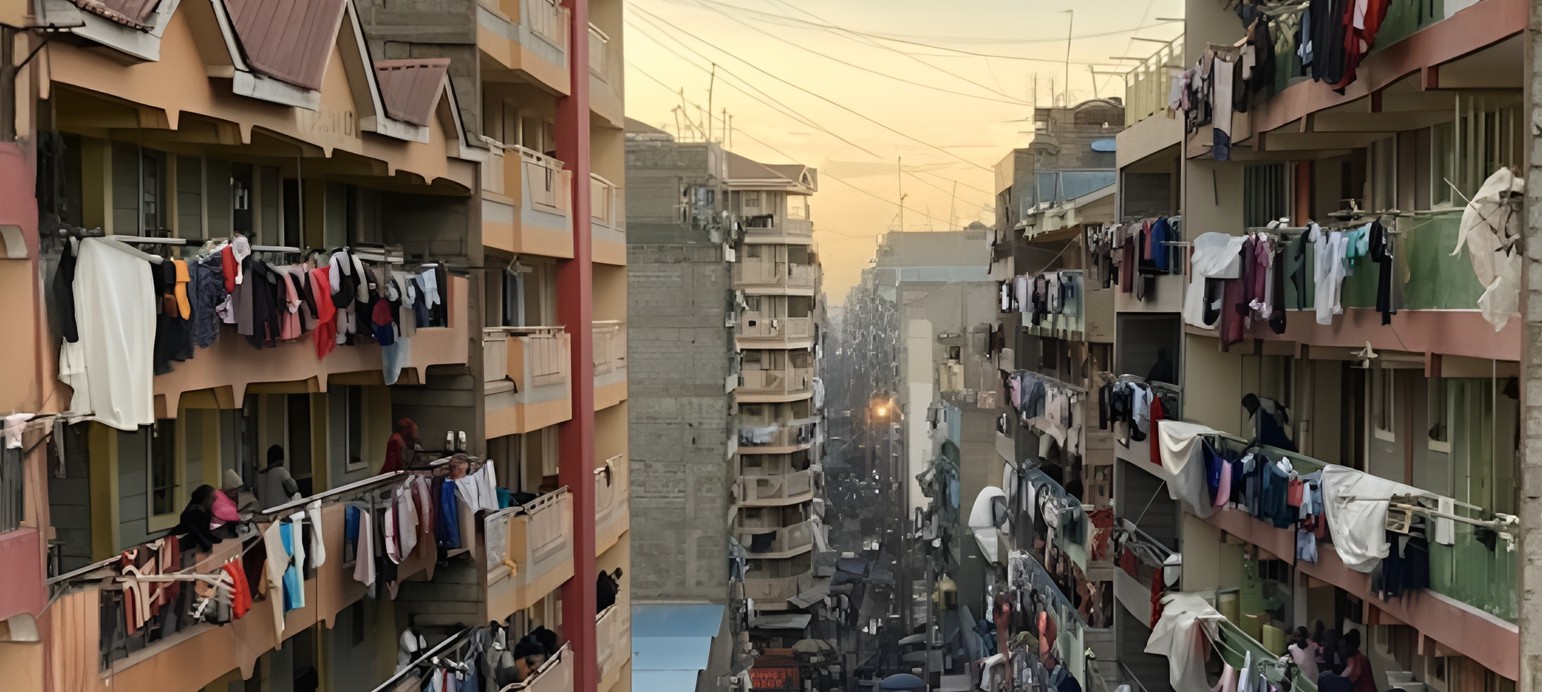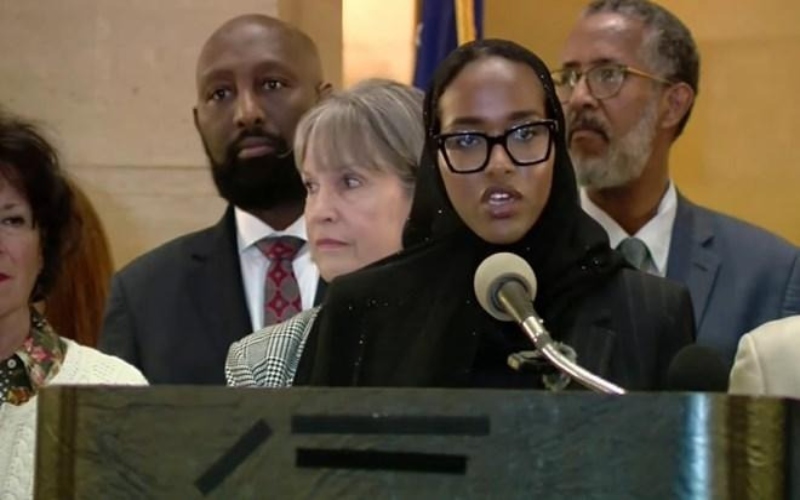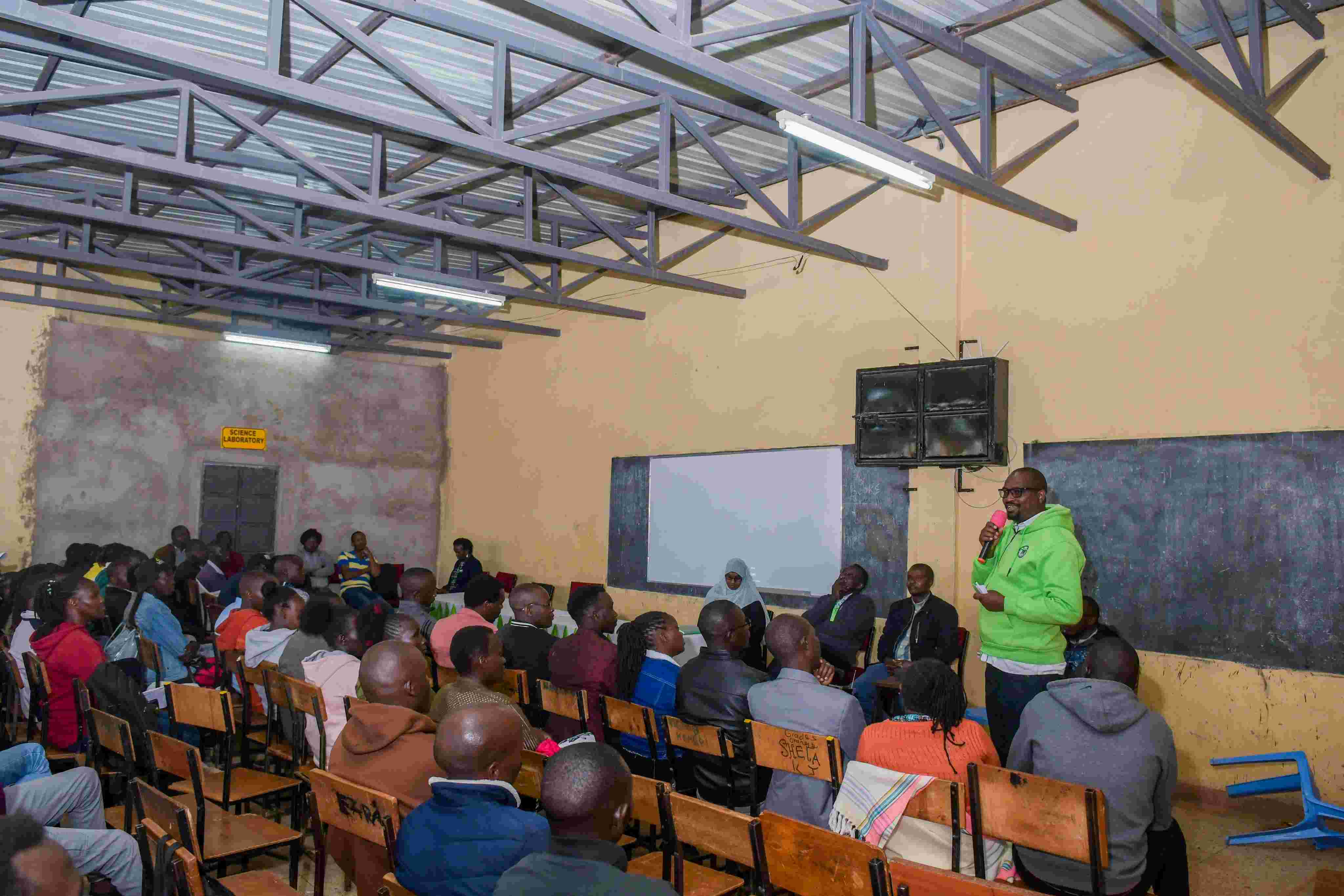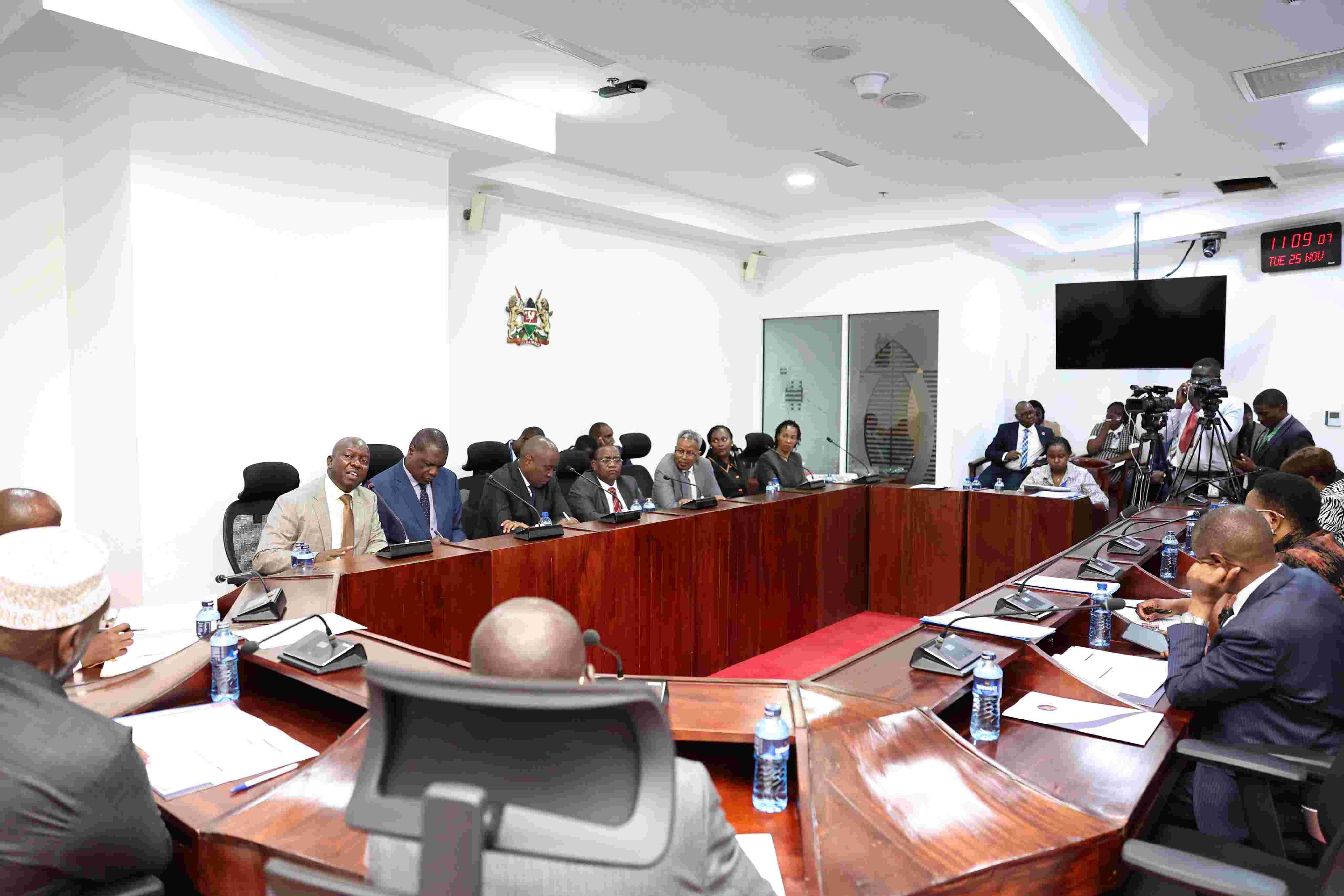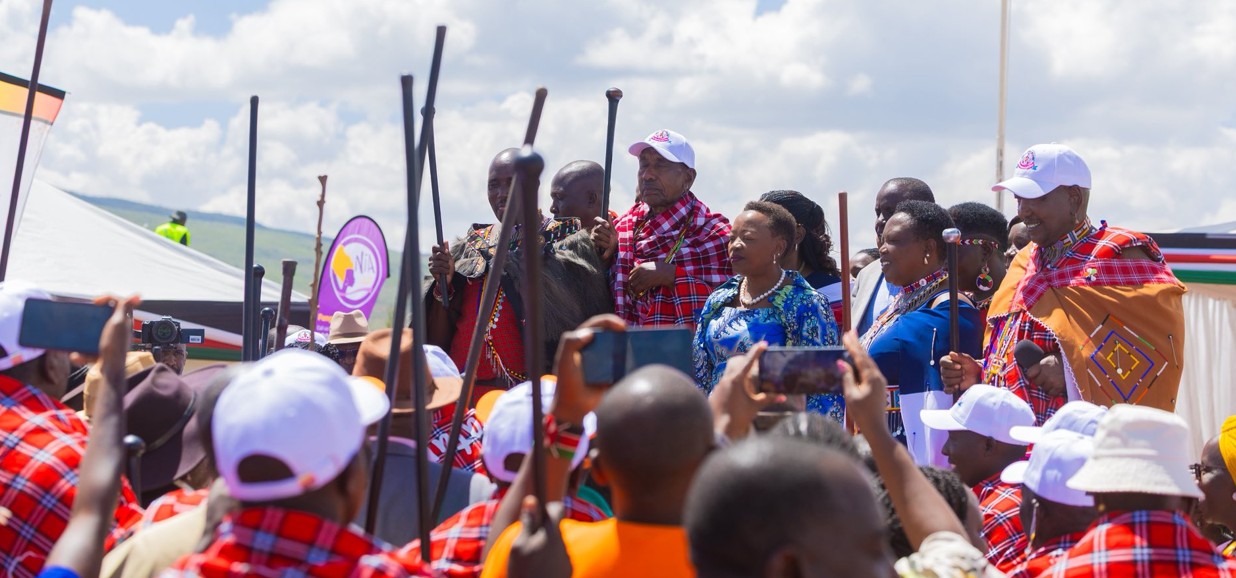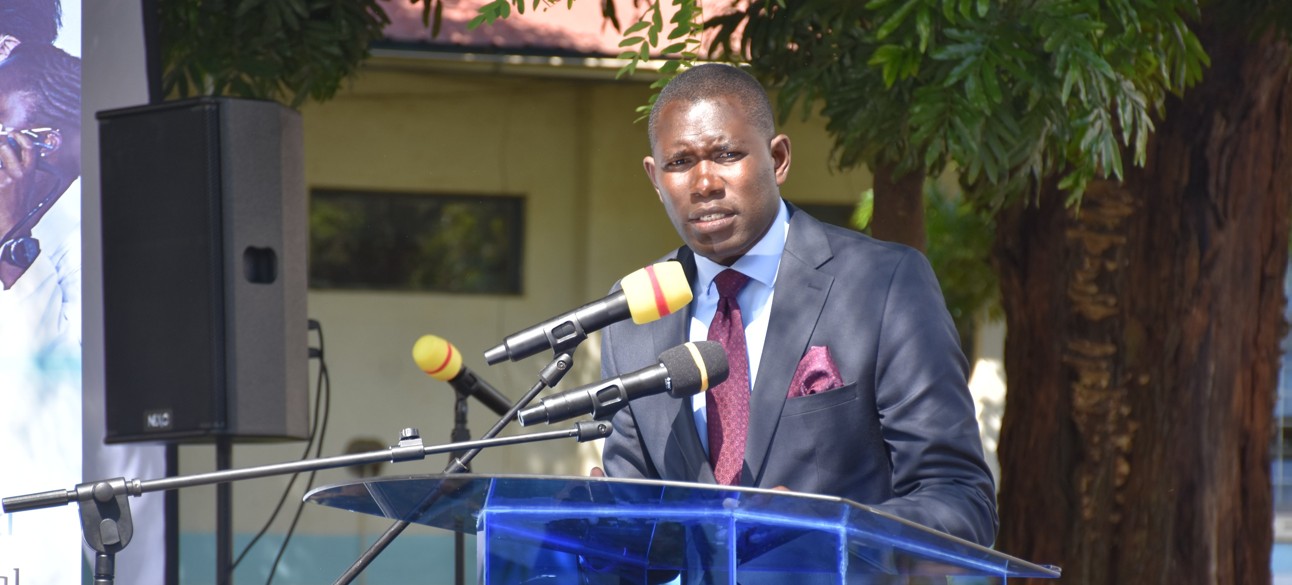TSC urged to review junior secondary teacher management amid curriculum concerns
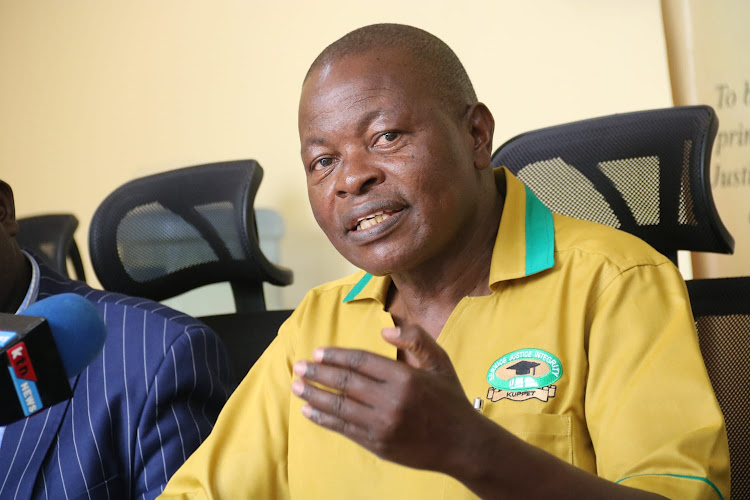
The union is pushing for the independence of the Junior Secondary wing or, alternatively, the transfer of JSS to existing secondary schools.
The Teachers Service Commission (TSC) has been urged to review the management of Junior Secondary School teachers (JSS) amid rising concerns that their placement under primary school headteachers is affecting curriculum implementation.
The Kenya Union of Post-Primary Education Teachers (KUPPET) has written to TSC requesting an urgent meeting to address the issue.
More To Read
- TSC announces recruitment of 9,159 teachers nationwide
- KUPPET flags stalled promotions, internship contracts for teachers
- John Okoth Ogutu’s killing in Tanzania exposes grim reality for jobless Kenyan teachers
- KUPPET calls for urgent evacuation of 150 Kenyan teacher trainees stranded in Tanzania
- Litein High School teachers demand transfer over safety fears, mistreatment
- TSC to send unemployed teachers overseas under new framework
KUPPET Secretary General Akelo Misori warned that growing disquiet among Junior Secondary teachers over their placement under primary school headteachers is threatening the smooth rollout of the curriculum. He argued that the current arrangement, which places JS under primary school leadership, undermines the professionalism and career progression of teachers trained to handle adolescent learners.
“The ongoing demands by Junior School teachers highlight significant concerns regarding their incorporation under a leadership structure headed by primary school headteachers with qualifications not aligned to the unique demands of Junior School education,” Misori said in the letter dated October 2.
The union is pushing for the independence of the Junior Secondary wing or, alternatively, the transfer of JSS to existing secondary schools. The letter comes after a series of attempts by a section of teachers in Junior School demanding the institution’s leadership be separated from the primary schools.
“This situation has led to calls for autonomous leadership that recognises the professionalism and career development needs of Junior School teachers,” Misori added.
KUPPET has consistently maintained that Junior Secondary, which caters for learners transitioning from upper primary, is more closely aligned with secondary education in terms of pedagogy, content and learner needs.
Misori reiterated this position when Kuppet officials met President William Ruto at State House in September, where they pushed for JS to be domiciled in secondary schools to leverage existing resources, infrastructure and administrative expertise.
However, Education Cabinet Secretary Julius Ogamba effectively ruled out the possibility of autonomy for over 50,000 Junior Secondary teachers, saying they will continue to work under primary school headteachers, who are also serving as principals for junior schools in an acting capacity.
Speaking before the Senate last week, Ogamba noted that junior schools are currently operating according to the recommendations of the Presidential Working Party on Education Reforms (PWPER).
“The junior schools are operating in line with the recommendations of the Presidential Working Party on Education Reforms,” Ogamba told Senators.
The PWPER had proposed merging junior schools with primary schools to form a single comprehensive school, headed by one principal and two deputies.
In line with this, the Teachers Service Commission directed the appointment of one junior school teacher to act as deputy principal, signalling adoption of the PWPER proposals.
Top Stories Today

